There's no shortage of ways to filter water, but it doesn't get much simpler than this. Researchers at MIT have found that you can turn dirty water into drinking water with nothing more than a stick.
Mechanical engineer Rohit Karnik figured out that the xylem tissue in plants, which is responsible for filtering out air bubbles, can also remove harmful bacteria from water. He peeled the bark off of a short piece of pine branch and attached the sapwood to a plastic tube to make the filter.
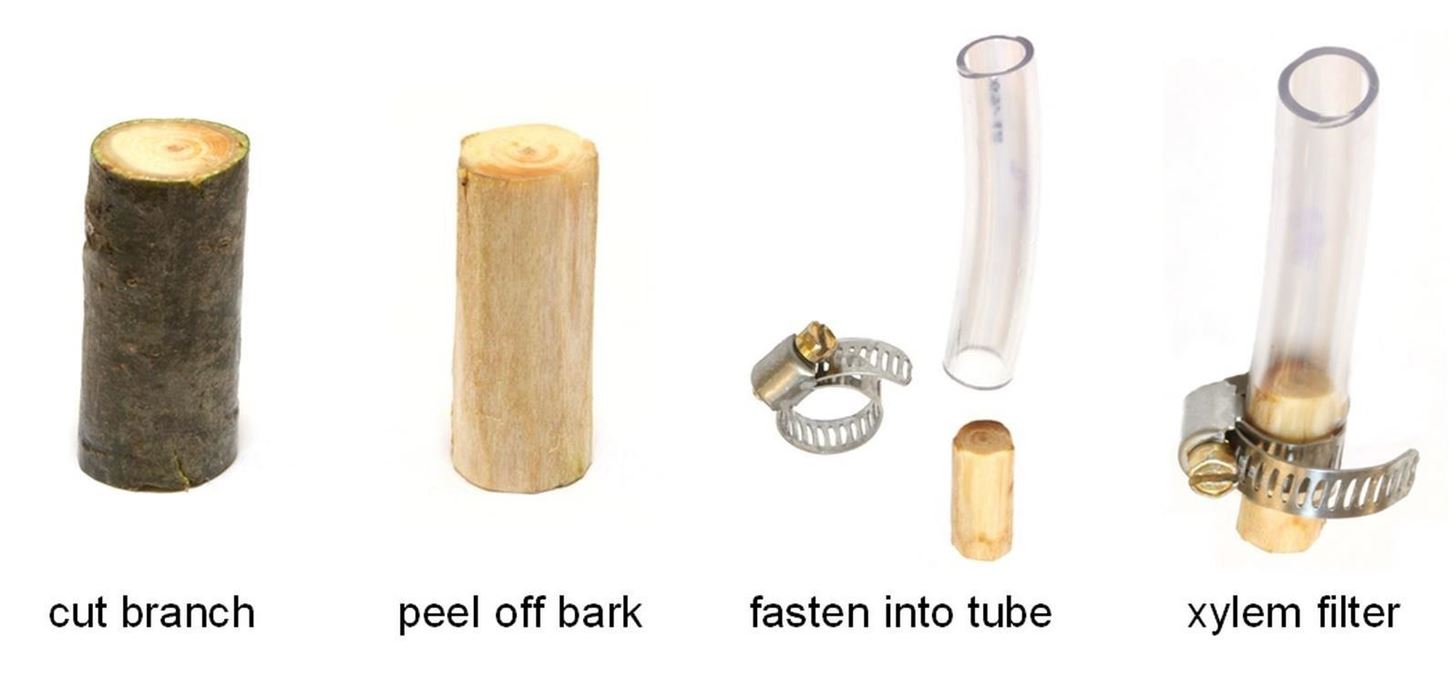
To prove his theory would work, Karnik set up a simple experiment in his lab. After making the filter, he poured water containing tiny particles and bacteria through the tube. He estimated that the filter removed 99.9% of the bacteria in the water.
Is This Filtered Water Actually Safe to Drink?
Though it gets rid of most bacteria, that 0.1% still poses a risk.
Environmental expert Robert Jackson explained to NPR that even though the filter removes the majority of the bacteria, it should still only be used in survival situations when there are no other options. Even though the pores in the xylem tissue are the right size for removing bacteria, viruses are usually much smaller and most probably wouldn't be trapped in the filter.
99.9% is impressive, but "when you can have hundreds of thousands, even millions, of them in a drop of water, you don't want to rely on something with 99 percent efficiency."
For Survival Situations Only?
It goes without saying that if you're stuck in the woods, you're probably not going to find a plastic tube and a clamp hanging from a nearby tree branch. But, you don't really need them, they just make it easier to use. The filter still works just as well with just a piece of wood.
So how much clean water are we talking? Karnik says that a 3cm piece of wood can filter several liters of water per day. As of right now, it may not be a large-scale solution, but it could make a huge difference to rural communities without access to manmade filters.
You can read more about the study in the team's paper on PLOS ONE and the writeup on MIT News.
I wouldn't use this trick to filter urine or anything, even if there is no water around. Maybe after you've already used a solar still, but not by itself.
Just updated your iPhone? You'll find new emoji, enhanced security, podcast transcripts, Apple Cash virtual numbers, and other useful features. There are even new additions hidden within Safari. Find out what's new and changed on your iPhone with the iOS 17.4 update.
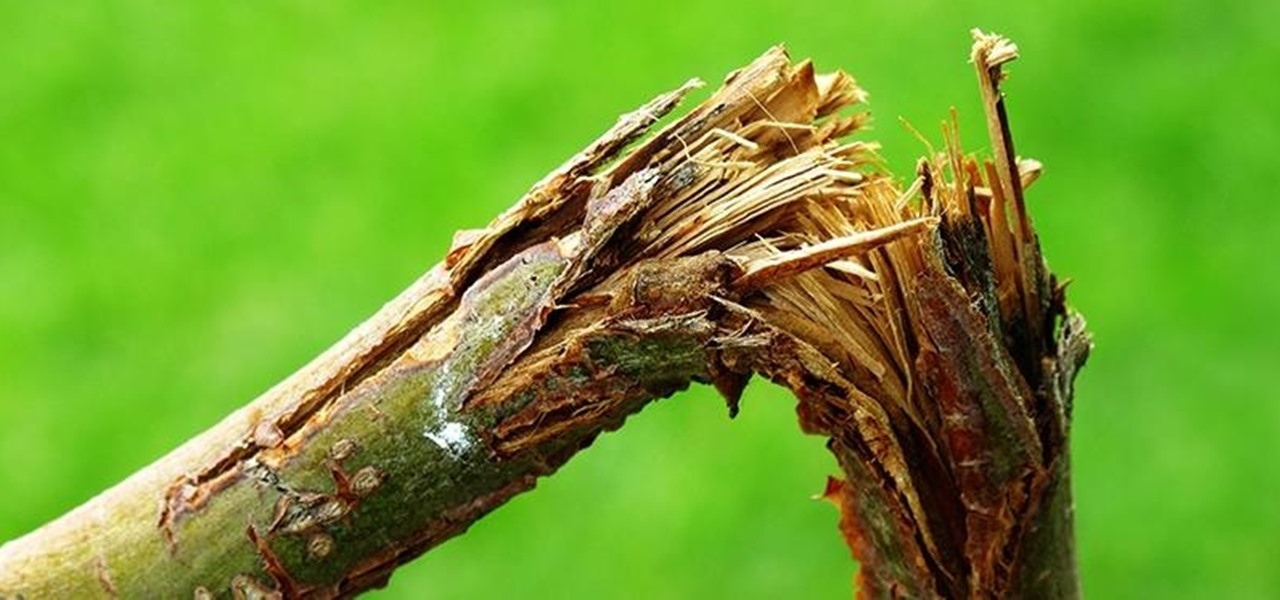



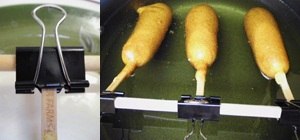
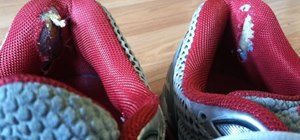
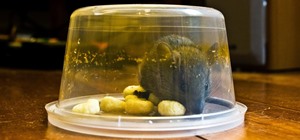
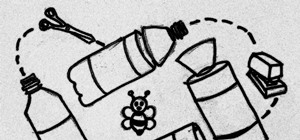
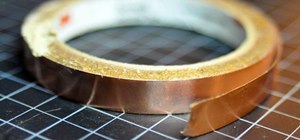

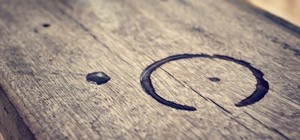
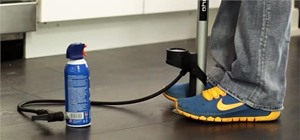
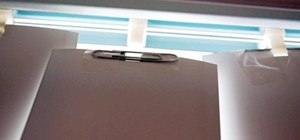
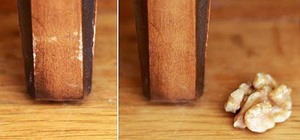
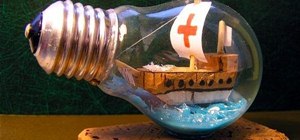
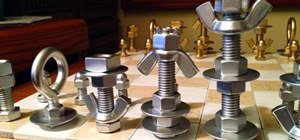
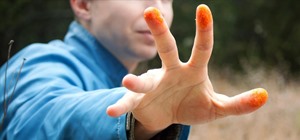
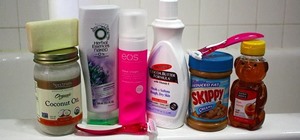

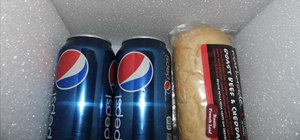
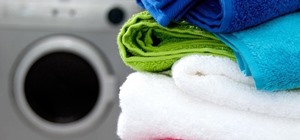

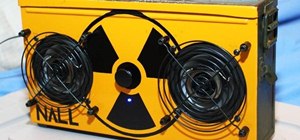
Be the First to Comment
Share Your Thoughts